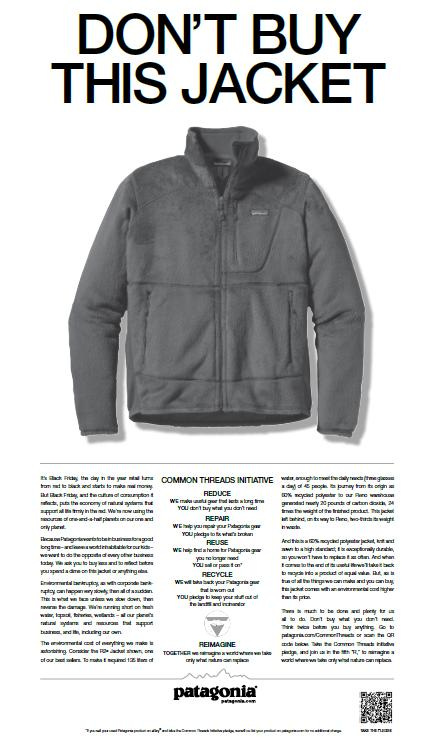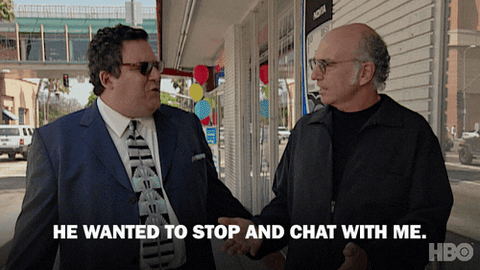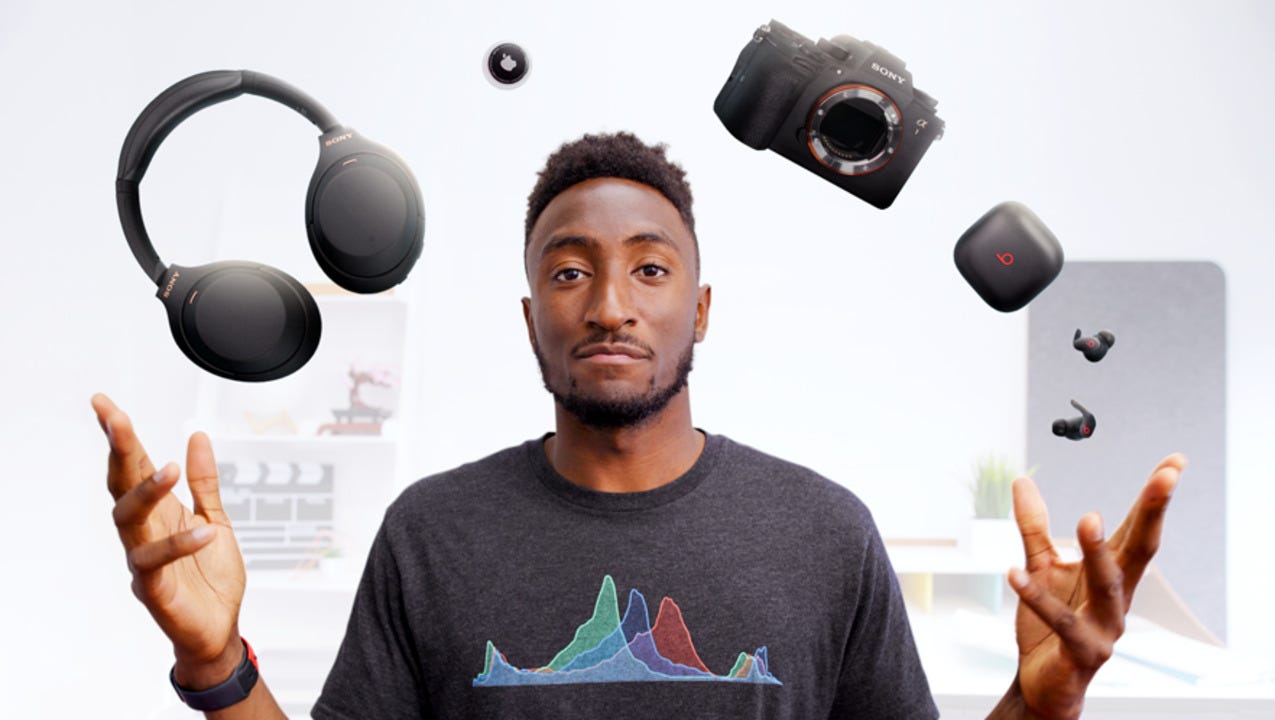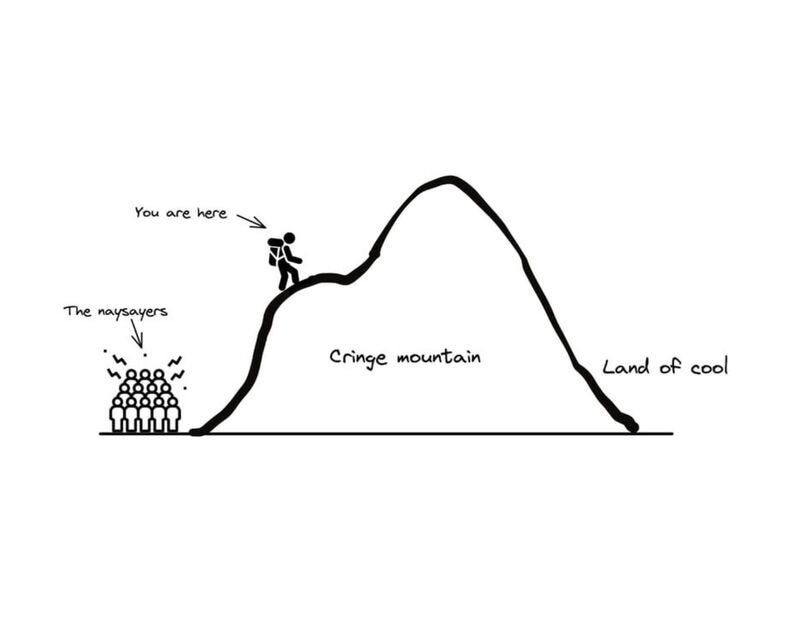Most brands are begging for attention like a needy ex.
They think getting noticed means being everywhere. Posting more. Shouting louder. Buying more ads. But scroll through your feed right now and notice how easily you ignore most of what you see. The real problem? Everything blends together into one forgettable blur.
The brands and people you actually remember made you stop mid-scroll and think, "Huh. That's different." Or better yet, "That's exactly what I've been thinking but couldn't put into words."
There's a formula behind this. And it does require something most people aren't willing to do: stop trying to appeal to everyone and start saying what they actually think, no matter how niche.
Here's the breakdown:
Unignorable =
Authentic POV × Emotional Resonance × Cultural Relevance × Consistent Sharing
Miss even one ingredient and the whole thing falls apart. Get all four right, and people can't help but pay attention.
Let's walk through each piece.
1. Authentic POV
This is where most people fail before they even start. They think a point of view means having contrarian hot takes or dropping "controversial" opinions that their LinkedIn audience will find mildly edgy. But that's performative bullshit.
A real point of view is how you see the world, filtered through your specific experience and perspective. If your "authentic brand voice" sounds exactly like 47 other startups, you're doing corporate cosplay.
What it takes:
Lived experience (not brainstorm fluff)
Courage to say what you actually think (not what tests well)
Self-trust to know your perspective matters, even if it pisses some people off ;)
The thing about audiences is they can smell BS from a mile away. You can't fake a POV. Authenticity comes from truth, not from having perfect taste or polished thoughts.
And the best part? Your POV is gravity. It attracts the right people and repels the wrong ones. People care about perspective. They don't remember the brand that sounded like everyone else, even if they executed flawlessly. They stick with the one that made them think differently.
Example: Patagonia's POV is that business should be a force for environmental good. When they tell customers "Don't buy this jacket" or donate their entire company to fight climate change, they're living their worldview. And it's unforgettable.
2. Emotional Resonance
Having a point of view is step one. Helping people feel it is step two. The goal is to make people feel seen and maybe a little exposed (in the best way possible).
The key? Leading with your audience's emotional need states, not your functional solutions. No one’s losing sleep over your new feature until they understand why they should care. Real emotional resonance comes from articulating feelings your audience didn't even know they had.
What it takes:
Deep understanding of your audience (their psychology, not their demographics)
Speaking to who they want to become, not just who they are
The courage to say the unsaid, what people think but don't say out loud
Example: Larry David works this to perfection. Curb Your Enthusiasm is beloved because he says the quiet part out loud. The stuff we all think but would never say. When he gets annoyed at someone for a stop-n-chat, we feel it. That's what makes it funny and resonant.
The best brands do this too. They tap into the thoughts their customers have but would never admit out loud. What resonates is deeply personal to your audience, which is why copying other brands' emotional strategies never works.
3. Cultural Relevance
This is where good brands become the talk of the town. They take their point of view and connect it to what the world is already feeling.
Most brands are either completely oblivious to culture or desperately chasing every trend like a thirsty influencer. The smart ones bet on where culture is going, not where it's been.
What it takes:
Betting on where the world is going based on personal experience and intuition
Reading the room on a macro level
Having good taste
This means being an observer of culture and leaning into it, instead of trying to create your own from scratch.
The brands that nail this feel timely and connected. People and media outlets talk about them organically. But avoid chasing trends that don't align with your brand…it makes you look desperate. Only amplify the cultural moments that give you a megaphone for what you already believe. This makes your brand a part of the dinner party conversation and drives organic, word-of-mouth marketing.
Example: A photography brand like Nikon leaning into the "humans over AI" moment right now. Not for clout, but because it actually aligns with their values. The cultural moment just gave them a megaphone for what they already believe.
4. Consistent Sharing
You can have the most authentic POV, the most emotionally resonant message, and perfect cultural timing. But if nobody sees it, none of that matters. Unseen equals ignorable.
Most people quit after their first post gets 3 likes. They mistake "authentic" for "immediately viral" and give up when the algorithm doesn't immediately crown them the next Gary Vee.
What it takes:
A cadence you can actually maintain
A format you feel good about
Embracing the cringe and letting go of perfection
Consistency earns attention. And momentum compounds. When you show up regularly, people start to expect you. They start to look for you. That's when you know you're building something real.
Example: MKBHD. You may not remember every single tech review he's ever made, but you know he shows up with quality takes on the latest gadgets. When a new product drops, you wait for his review because you know he's consistent.
The Bottom Line
Unignorable brands share four qualities: they're real, emotional, relevant, and consistent.
This is a repeatable formula. But it takes honesty, taste, and the courage to stick with it when your first few posts flop. Most people give up before they find their authentic point of view. Others find it but don't have the courage to share it consistently. The ones who do both become impossible to ignore.
The formula works. The question is: are you willing to do the work when it's uncomfortable? That was the big unlock for me.
Elan runs Off-Menu, a studio built to help brands become unignorable. He writes about strategy, storytelling, and how to actually get people to care.








really good stuff!
You are nailing all 4 with this one. Great read!